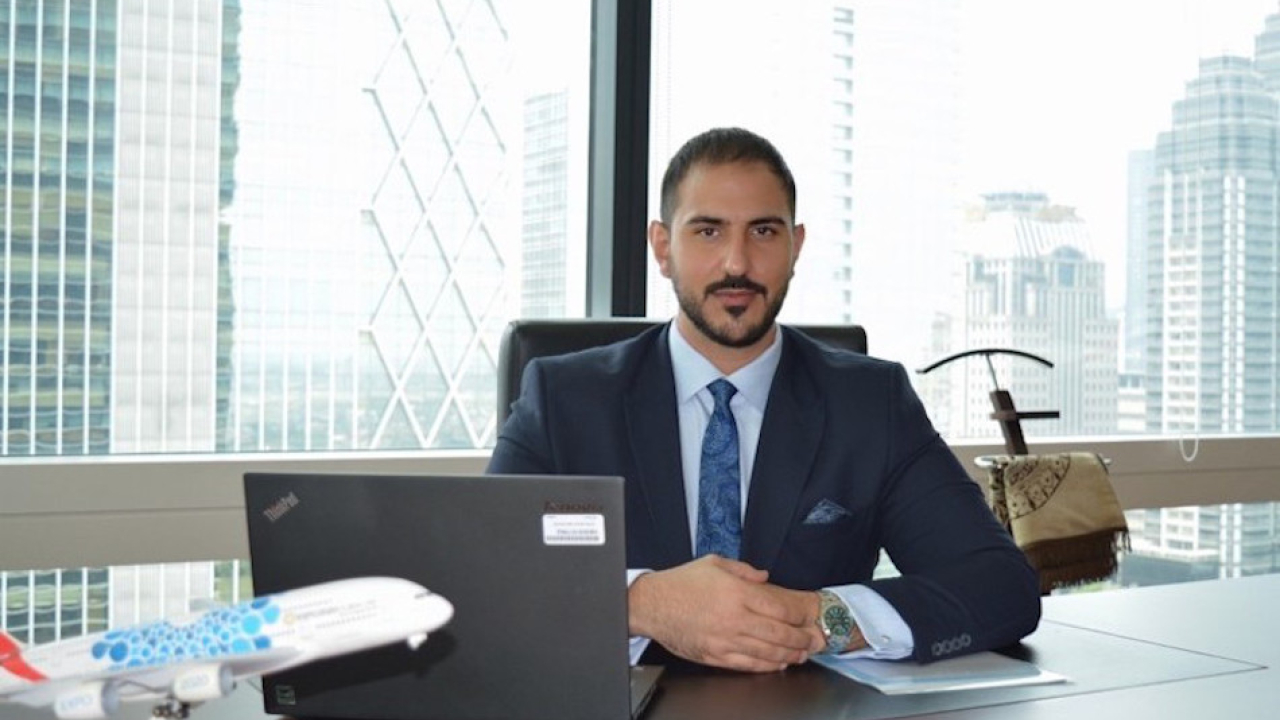Lack of skilled workforce could hamper MENA space plans
An insufficiently-skilled workforce could scupper the Middle East's plans for an active space programme, according to an education specialist.

That was the view of Dr Michael Simpson of the International Space University during his keynote address to the GSTF.
Dr Simpson said that his research showed that 55% of European space organisations don't have enough qualified engineers to work on their current projects – and the situation could get worse. He said that the MENA region should learn from their experience
He said that Europe already had great difficulty in matching skill sets to their current needs and as people retire they are getting harder and harder to replace.
He added that the biggest gap was in finding qualified engineers, but that these also lacked other core skills, such as leadership, communications, business and teamwork.
“Engineers today must also be able to multitask – it isn't just a case of being able to handle science and maths,” Dr Simpson said. “There is a real sense that the problems are building rapidly and we need people who can leap beyond what they have learned and develop other skills as well.”
He said that the MENA region, with its fairly young space industry, will soon face the same problems, unless there is a concerted effort to build a more rounded curriculum into its existing space education.
“Although the region is proud of its deep islamic roots in science education it must act now to ensure that its universities have courses aligned to the needs of the industry,” he says.
Although he praised the UAE in particular for the work it has done at EIAST on DubaiSat-1, he said that the so-called BRIC states of Brazil, Russia, India and China would also be doing their best to attract the region's best talent to their space programmes.
But letting people go overseas could be good for the local industry in the long run. “Think of it as an internship,” he said. “They will gain valuable skills and come back to you – people always want to come home eventually.
“You must also work harder to get your space programmes off the ground.”
He had a number of ideas for this including seeking out backlogged payload projects that universities could offer to complete. He also said that holding an annual prize for space education might attract more people to the industry.
“Also, talk to contractors and see if you can piggy-back your projects on the back of existing, larger launches,” he said. “Buying space on a rocket for a few extra hundred kilogrammes is cheaper than buying a whole launcher. And find out what skills you are missing and cooperate with your neighbours to see if they can help out. Lack of human capital is always on the critical path of any space programme.”
He also said that the area should let a regional space agency develop out of the momentum it generates from smaller projects.
“You already have the universities. Now build the infrastructure you need to really support space programmes and encourage the next generation to work on them,” he concluded.
Stay up to date
Subscribe to the free Times Aerospace newsletter and receive the latest content every week. We'll never share your email address.

